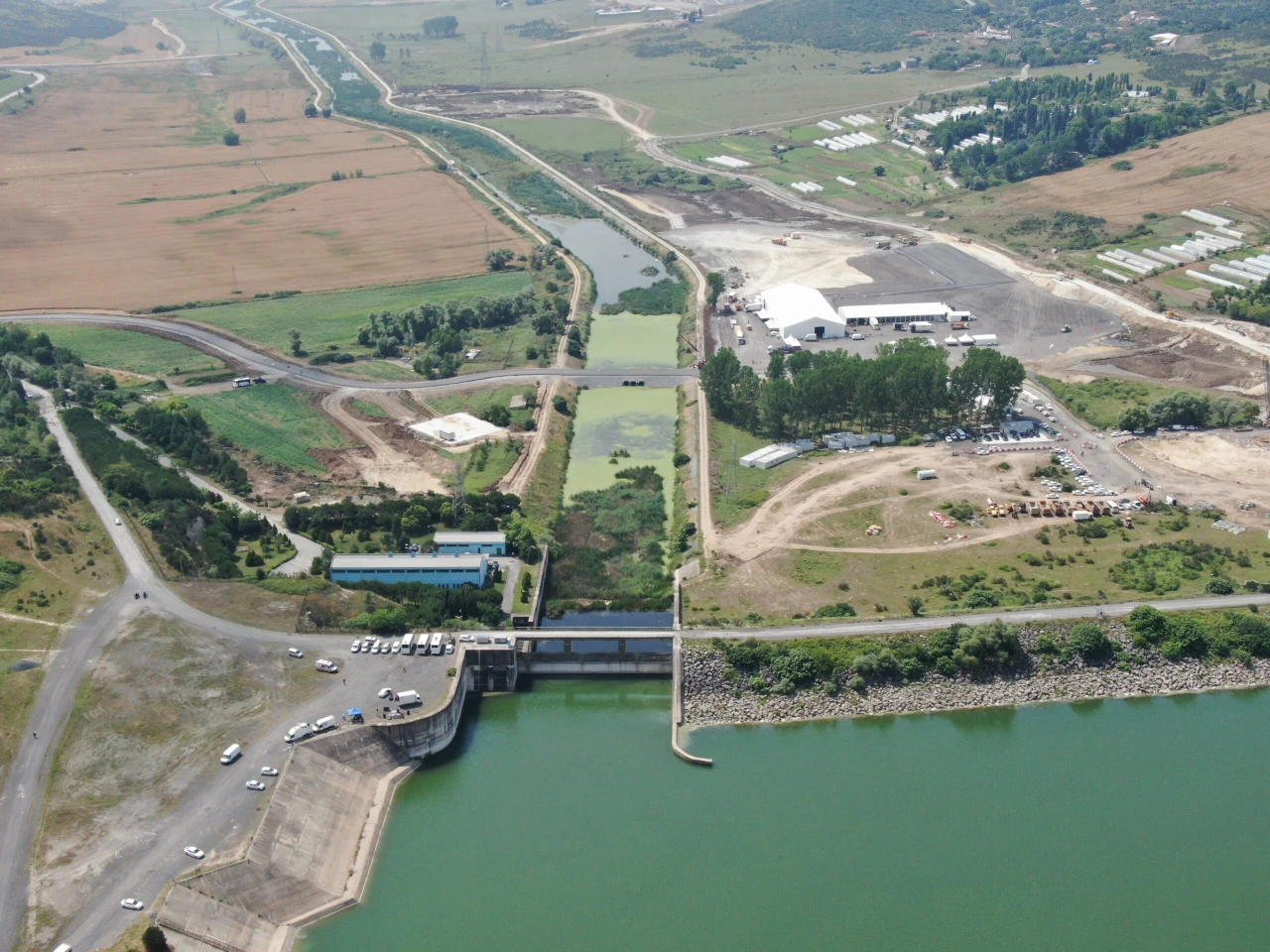Türkiye flags 40,000 high-risk taxpayers with over $90B in commercial activity
 Turkish Minister of Treasury and Finance Mehmet Simsek attends the "Protectionism: The End of Globalization?" panel within the 4th edition of the Antalya Diplomacy Forum (ADF2025) in Antalya, Turkiye on April 11, 2025. (AA Photo)
Turkish Minister of Treasury and Finance Mehmet Simsek attends the "Protectionism: The End of Globalization?" panel within the 4th edition of the Antalya Diplomacy Forum (ADF2025) in Antalya, Turkiye on April 11, 2025. (AA Photo)
The Ministry of Treasury and Finance in Turkiye has flagged 40,000 taxpayers as high-risk following a large-scale assessment involving 500,000 entities.
These high-risk individuals and companies account for a combined commercial volume of approximately ₺2.9 trillion, underlining their significant weight in the national economy.
The audit initiative, led by the Tax Inspection Board (VDK), focused on tax compliance in the 2023 fiscal year. It is part of the government’s ongoing strategy to combat the informal economy and improve voluntary tax compliance.
Audits to be risk-based, gradual
According to ministry officials, auditing methods will vary depending on each taxpayer’s risk score and voluntary compliance history.
High-risk taxpayers could be subject to extensive inspections, including on-site audits, while lower-risk entities may be approached through softer methods such as “invitation to clarify,” limited audits, or advisory-based compliance models.
The ministry has also launched a new Declaration Oversight Program aimed at engaging potentially noncompliant taxpayers before they file their declarations.
Under this program, officials reach out to flagged taxpayers to inform them of possible inconsistencies or red flags in their declarations.
Strengthening dialogue between inspectors and taxpayers
To enhance the effectiveness of the process, specific inspectors are being assigned to monitor taxpayer groups in the field.
This aims to foster direct communication, offer guidance before formal inspections, and improve overall compliance outcomes.
Taxpayers who address concerns proactively and no longer show risk indicators may be removed from the high-risk category. This reallocation of audit resources is intended to make oversight more efficient and targeted.
Minister Simsek urges voluntary compliance
Commenting on the initiative, Finance Minister Mehmet Simsek emphasized the government’s commitment to modernizing its audit and compliance strategy.
“Our goal is to increase voluntary tax compliance through advanced analytics, field inspections, and pre-declaration engagement,” he said.
“I invite all taxpayers to join the voluntary compliance process before facing formal audits. Those flagged as risky and wishing to avoid potential penalties should come forward and clarify their situations,” he added.



